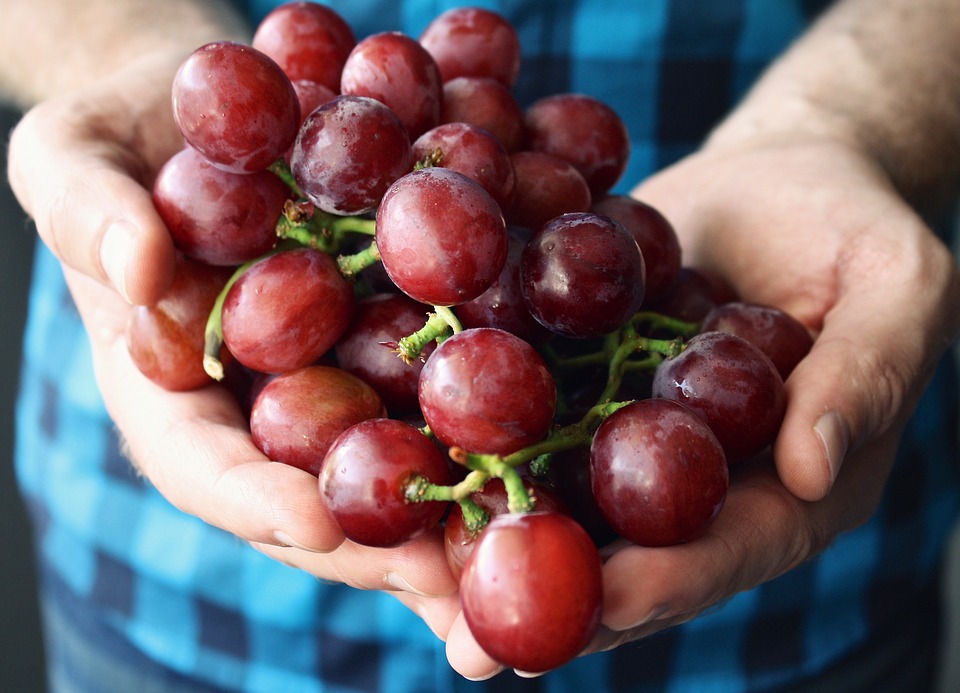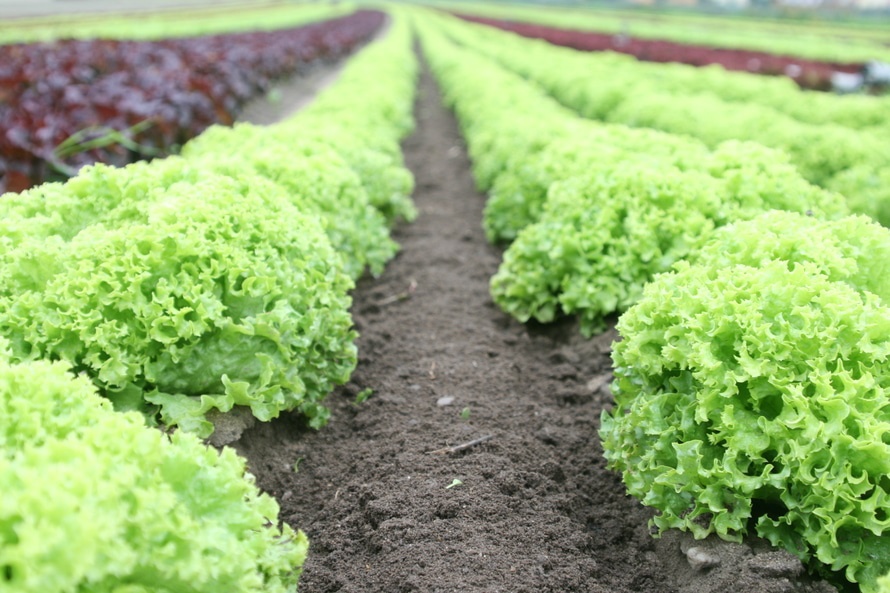When you eat a meal, do you ever stop to consider the farmer and the many hands that helped to grow the food?
Do you ever think about how long it took to grow, say, the lettuce; and the way the soil was prepared? Do you think of the pesticides or fertilisers that were sprayed, or the weather conditions it had to face, or the amount of water that was used to grow it?
Have you ever pondered: we get nutrients from our food, but where does the produce get their nutrients from?
Do you factor in the humble and diligent worker who picked the produce? Or consider the distance it travelled to get to the retail outlet where you no doubt purchased it?
And then when you’re eating your meal, do you ever wonder about the taste of the ingredients, and whether the tomato, for example, is flavoursome, and if it isn’t, do you wonder why it isn’t?
Afterwards, do you pause to feel the effect of the food on your body? Do you feel tired and lethargic, or alert and alive? And if you do feel bloated or low in energy, do you stop and make the connection to your food, or do you just push on, oblivious to it?
When we examine our food’s story from these angles, it becomes clear that if we want to live an optimal healthy lifestyle, we need our food to have it’s own healthy story. We need our food to be nutrient-dense and uncontaminated by harmful toxins.
Nourishing food is instrumental to healthy living
The pace of our modern lives often means we give very little thought to the farmers and labourers at the forefront of our food production. We also give very little thought to what we eat and how it affects our bodies, whether it negatively or positively impacts us.
But if we acknowledge that synthetic chemical-free non-GMO food is vital to our health and well-being, we need to access the healthiest food possible. We need to make purchasing decisions that reflect our motivations and desire for good health. And if we want our children to be healthy, then we must help them make that same connection with their food.
Supporting our organic farmers
If we are serious about a healthy future for ourselves and our families, we must support the farmers who are willing to grow our food in a way that is in harmony with people, communities and our planet; farmers who use healthier methods of agriculture.
When shopping for groceries, it is natural to wonder why we should pay a little more for higher-quality produce but when we reflect on the story of our food, it becomes evident that all of these decisions directly affect us. If we choose better, we are making it a little easier for our sustainable farmers to carry out their important work of providing us with nutritious food that is produced responsibly.
In a world that has honoured the industrialisation of most everything, it’s time we get back to connecting with the sources of our food and become aware of how our produce is grown. Chemical-intensive farming has dominated many of our agricultural systems, relying on synthetic chemicals to maximise yields. But it doesn’t have to be this way and we have the power to change it.
In the words of writer and sustainable food expert, Anne Lappe, by spending money, you’re casting a vote for the kind of world you want. By spending your money with Vive Health, you’re voting to support small-scale sustainable farmers that produce organic food, fish, meat and dairy in a way that works with our natural environment and not against it. And more importantly, you’re helping to create a world that is healthier and happier.
If you enjoyed this post, you may also like 9 Organic Foods to Increase Your Workplace Productivity.



